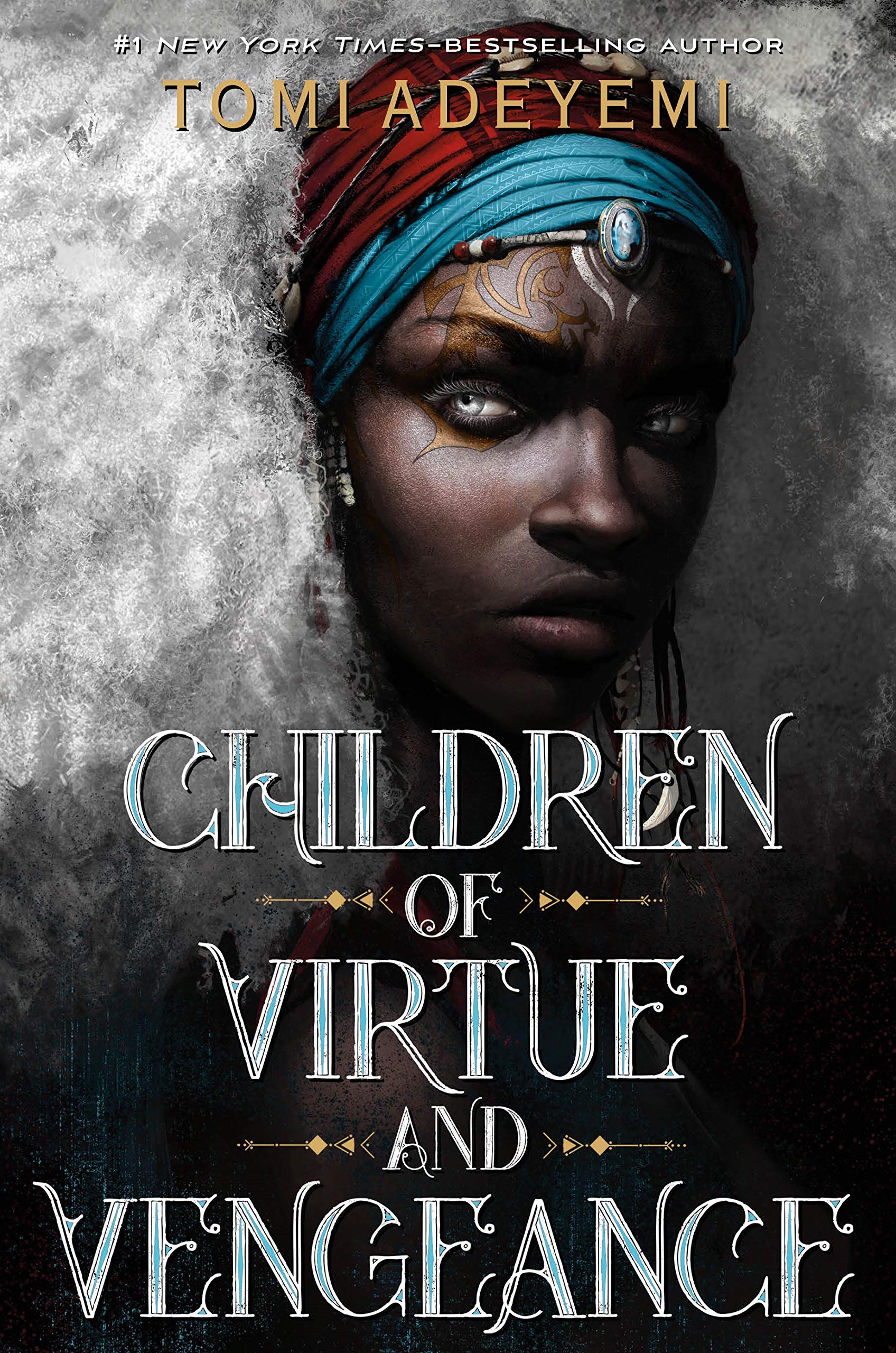This one just never quite takes off running.
The blurb:
After battling the impossible, Zélie and Amari have finally succeeded in bringing magic back to the land of Orïsha. But the ritual was more powerful than they could’ve imagined, reigniting the powers of not only the maji, but of nobles with magic ancestry, too.
Now, Zélie struggles to unite the maji in an Orïsha where the enemy is just as powerful as they are. But when the monarchy and military unite to keep control of Orïsha, Zélie must fight to secure Amari's right to the throne and protect the new maji from the monarchy's wrath.
With civil war looming on the horizon, Zélie finds herself at a breaking point: she must discover a way to bring the kingdom together or watch as Orïsha tears itself apart.
There are moments — particularly in the beginning — where you hope and expect the plot to soar, only for it to drift back down to earth and chug along. It’s unfortunate because Tomi Adeyemi certainly has the right ingredients in the follow-up to her uber-popular debut, Children of Blood and Bone.
Beautiful writing. A unique and sprawling world. Exciting action sequences. Consequence.
Most of all consequence.
It takes a certain understanding on the writer’s part to properly weigh a story with consequence — for characters to face the results of their efforts, and for those results to feel natural. Adeyemi is one of those writers who gets it. She masterfully weaves the idea of consequence into the very premise of this story.
Restoring magic to Orïsha was the singular destination of the first book, but I’m glad to know it wasn’t the final destination. Adeyemi deals a huge blow to the characters from the outset of Virtue and Vengeance, turning their triumph of the first book into the burden of the second. Magic is back and while it gives power to the once powerless, it makes those already in power all the more strong too.
With that premise, Children of Virtue and Vengeance launches into the conflict from the outset and is determined to drive its readers toward an epic finale. There’s a lot of good that happens along the way: the magic system of the first novel is expanded upon, our heroes visit new places, twists and turns are abound as new villains emerge.
But the story still creeps at a slow pace.
It’s difficult to know what exactly bogs this book down, given all those twists and turns. But then again, maybe they were the problem. At every corner there seems to be a new revelation. Characters unveil great and unexpected powers at the most crucial moments. Old allies and foes return. Plans go terribly wrong. Relationships teeter-totter. Again and again and again and …
Each of those beats seems eager to hit the same emotion as the previous, but it ultimately smothers any presence of suspense from the story.
Of course, there’s still a lot done right here. Amari, in particular, is incredibly well written. Faced with difficult choices throughout, she’s crafted in a way that allows her to grow in confidence and strength. Amari blossoms from sheltered and cautious to selfless and gutsy. Less so with Zélie, unfortunately, who felt much more difficult to connect with — as did a returning character who’s never able to catch their balance, instead swept frustratingly from current to current.
But again, these things seem small compared to the plot’s pacing.
Adeyemi is certainly a talented and skilled writer, she proved that with Children of Blood and Bone. Elements of Virtue and Vengeance prove it again. It only seems right to say that she cares deeply for the tale she’s crafting as well, especially given the delays in this book’s publication.
Hopefully she’ll be able to tap into some of the brilliance of the first book as she starts the next one. Maybe she can place herself in the shoes of her characters: she needs to restore some of that magic.









Bookstacked Comment Policy
We welcome respectful comments. Our only rule is to be kind. Rude, hateful and generally mean-spirited comments will be removed.